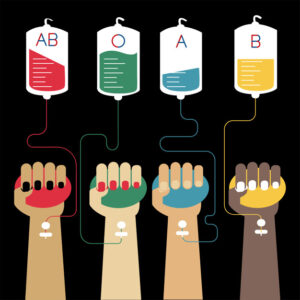Health Coaching

A nation will be economically progressive only if its people
are healthy physically and mentally. Unhealthy citizens contribute to poor
productivity which in turn leads to poor economy.
As we all know health is a state of being well and free from
any kind of illness or disease. Being healthy is as natural as breathing. But,
how many of us are in the right terms ‘healthy’? Healthy in terms of physical
and mental wellbeing. With the current work stress, deadlines, targets,
financial and professional commitments, health is one component among many
others that is getting ignored or put in the backburner. Adding to this is the
unhealthy lifestyle, lack of exercise, changes in sleep cycle all leading to a
range of avoidable chronic diseases. Many of us don’t realize this until we
reach a saturation point where we struggle to even manage our daily activities.
This should sound an alarm bell ringing for us to sit up and listen to our
body’s message. It clearly sends us the warning signs before giving up on us.
This is where health coaching comes into picture. What is
health coaching and how does it work? The process of using clinical evidences,
conversations with the patients and different strategies to involve clients in
the healthy behavioral change is broadly called as health coaching. They are
certified professionals who guide you on lifestyle changes that are sustainable
in nature. These are facilitated by goal setting, motivational talks, providing
metrics and working on prevention. They usually don’t prescribe any diet as
such instead work on a patient’s psychology with positive talks, help them to
develop their values and make it into an action plan.
Health Coach follows below methods to work on a client:
Establishing a relationship: It is important to gain trust
of a patient in order to make them understand the process. Engaging the client
to build trust is mostly dependent on the rapport a health coach creates with
the patient. Good rapport should include warmth, eye contact, genuine concern
for the client, positive energy and body language, soothing voice, a good
listener and being supportive. It would be an added advantage if the health
coach is of the same ethnic/race/community of the patient. This makes both
comfortable as they would share similar experiences.
Motivationa Interviewing: Strong communication is
required after establishing a rapport with the patient. It is imperative for
the health coach to make the client identify their problems, have a vision,
motivate them to work on themselves and to rise above the challenges.
Motivational interviewing mostly emphasized on the present instead of the past.
Wellness Vision: This is something a client would make of
his/her plans and goals in life, identify strengths and weaknesses, emotional
quotient, social and spiritual aspects. A vision would enable the client to
look at life in a positive way, helps to work in the right direction, create
awareness of the possibilities to achieve their goals.
Guiding the agenda and goal setting:After
establishing a rapport, motivational interviewing and having wellness vision,
next step is to work on goals. This needs a plan of action and measuring system
to evaluate the progress in terms of behavioral changes to move forward. Here,
it will not matter if the goal is achieved or not as the coach makes the client
understand that focusing on success is more important. Coach will assess the
strengths and provides positive feedback so that the client does not get into
negative self talk, resistance to change or any other issues.
Studies have shown that health coaching has been effective
and brings about a positive change in the behavior of the patients and
adherence to lifestyle changes. However, it would be safe to say that both the
parties have to work together to reach a common goal i.e. wellbeing. Either of
them falters or show no interest then the purpose of health coaching will be
deceived. A coach should be patient, understanding, non-judgmental, energetic and
enthusiastic to win over a patient’s trust. Similarly, a client should open up
about their preconceived notions, share the problems or fears they have, work
on their behavioral changes as per the coach’s advice, adhere and practice it
consistently until the results are achieved.














